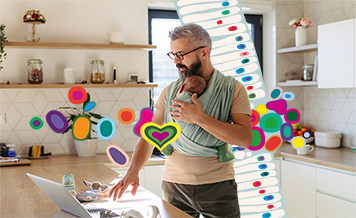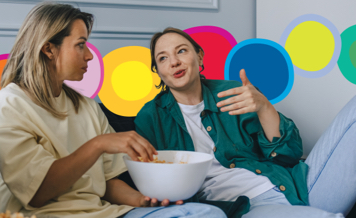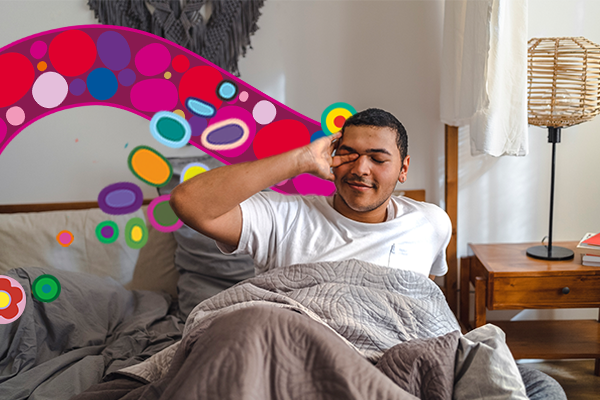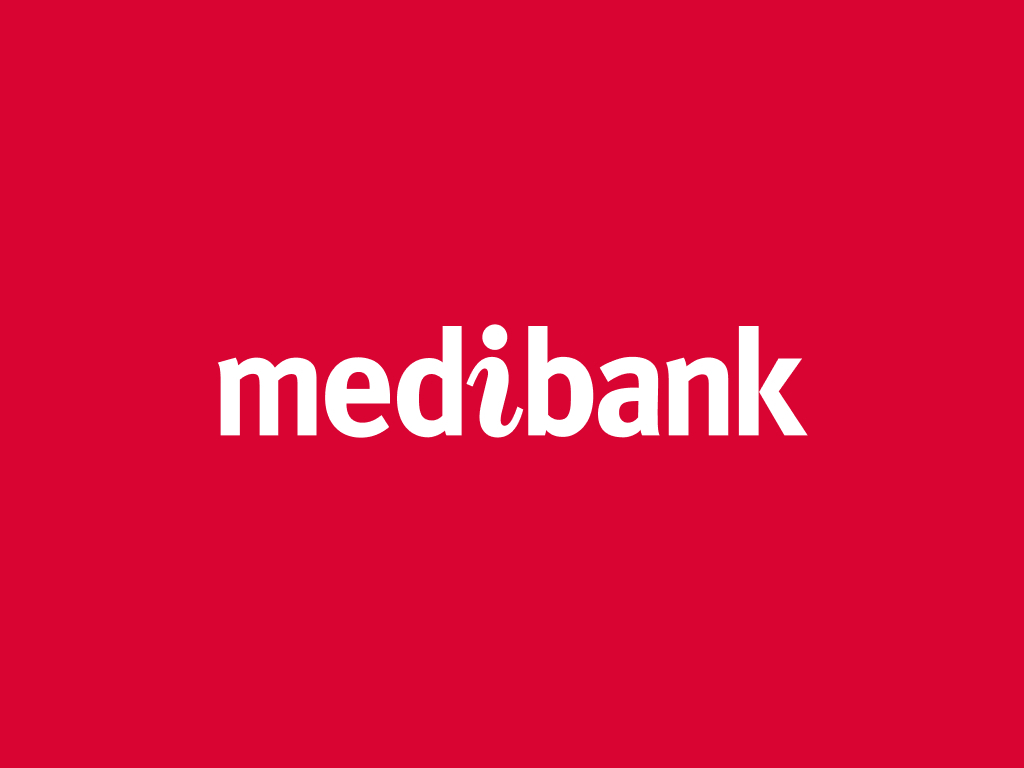Finding connection through group therapy and peer support

When you’re going through a tough time, being around others who truly understand can make all the difference. That’s the idea behind group therapy and peer support groups – two different ways of getting mental health support in a group setting.
Each offers something unique but both can help you feel less alone, build practical skills and create a sense of shared understanding. They can work as an alternative to one-on-one therapy or alongside it.
But what’s the difference between the two? And how do you know which one might be right for you? Here’s what to know if you’re considering group therapy or peer support.
What is group therapy?
Group therapy is a type of structured psychological treatment where a small group of people meet regularly with one or more trained therapists. These groups often focus on a specific issue, such as anxiety, depression or trauma recovery.
Sessions are typically led by a psychologist, counsellor or other mental health professional. It’s their role to guide the discussion, teach evidence-based strategies and help group members explore their thoughts and behaviours in a safe and supportive environment.
Group therapy combines the benefits of professional treatment with social connection. You’re not just learning from the psychologist – you’re also learning from others who share similar struggles in a safe and judgement-free space.
Benefits of group therapy can include:
- feeling less alone or isolated in your experience
- learning new coping strategies
- exploring how you relate to others and why
- potentially more low-cost than one-to-one therapy.
What is peer support?
Peer support groups involve connecting with people who have lived experience of mental health challenges. Unlike a therapist, a peer support worker uses their own lived experience to help facilitate a safe and productive discussion for others.
Peer support groups can be especially powerful when you feel that other people in your life don’t understand or can’t relate to your situation.
Peer support groups may be run through mental health organisations, community centres or hospitals. Some are focused on specific experiences like addiction, grief, gender and sexuality, or mental health diagnoses. Others may be more general.
Benefits of peer support groups can include:
- feeling understood without judgment
- getting practical advice from people who’ve been where you are
- finding a sense of community
- often low or no cost to participate.

24/7 Medibank Mental Health Support
Medibank health insurance members can chat to a mental health professional about how they feel and ask questions about a range of mental health concerns for themselves or a loved one and get guidance on what they can do next. Chat online or call 1800 644 325 anytime of the day or night, 7 days a week at no extra cost.~
What to expect in your first group session
If you’re new to group settings, it’s natural to feel nervous. Keep in mind that you don’t have to share more than you’re comfortable with, and most groups have clear guidelines to ensure safety, respect and confidentiality.
Your first session might involve introductions, going over group rules and setting goals. It might be a casual check-in or a guided conversation around a shared topic.
Some groups are closed, meaning the same people meet each week, while others are open and you can drop in any time. You might need a referral from your GP for some programs; others are free to join.
Some groups are specifically set up for people who share certain characteristics, such as women, young people or Aboriginal and Torres Strait Islander people. If you’re interested in joining a group with a particular focus, talk to the group facilitator, your community health centre or your GP to find out more.
Where to get help
If your life or someone else’s is in danger, call 000 immediately.
If you’re in distress and need help, call Lifeline on 13 11 14 for 24/7 crisis support.
If you’re interested in group therapy or peer support, talk to your GP or mental health professional as a first step. They should be able to connect you with the kind of group you’re looking for, or suggest groups for you if you’re unsure where to start. You can also search for services through organisations like:
- Beyond Blue
- Black Dog Institute
- Smart Recovery
- Thorne Harbour Health or your state or territory pride centre.
Medibank health insurance members can also chat to a mental health professional about how they feel and ask questions about a range of mental health concerns for themselves or a loved one and get guidance on what they can do next. Chat online or call 1800 644 325 anytime of the day or night, 7 days a week at no extra cost.~
How can we help?
I want to know how my cover supports mental health
I need help and want to talk
Related articles
Things you need to know
~ Some referred services may involve out of pocket costs and waiting periods may apply.
While we hope you find this information helpful, please note that it is general in nature. It is not health advice, and is not tailored to meet your individual health needs. You should always consult a trusted health professional before making decisions about your health care. While we have prepared the information carefully, we can’t guarantee that it is accurate, complete or up-to-date. And while we may mention goods or services provided by others, we aren’t specifically endorsing them and can’t accept responsibility for them. For these reasons we are unable to accept responsibility for any loss that may be sustained from acting on this information (subject to applicable consumer guarantees).











































